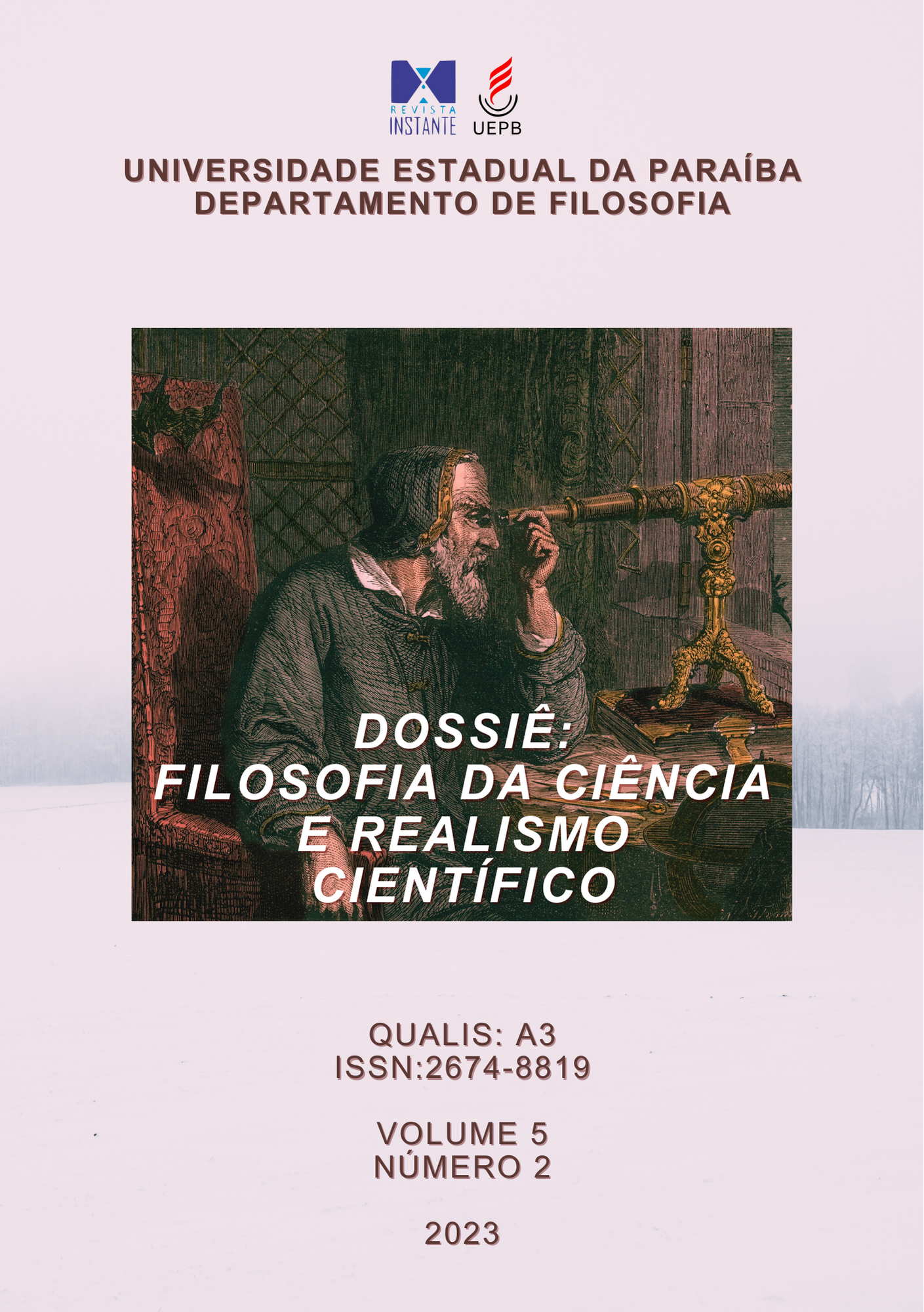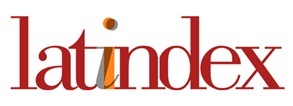The Logical Empiricist Criticism to Metaphysics: Otto Neurath on Science and Politics in Urban Planning
OTTO NEURATH SOBRE CIÊNCIA E POLÍTICA NO URBANISMO
Keywords:
Vienna Circle, Modernism, Le Corbusier, Carnap, Philosophy of TechnologyAbstract
Members of the Vienna Circle argued that statements of traditional metaphysics lack cognitive meaning, as they are not analytical and do not transparently relate to experience. This essay examines the political use of this criticism: by undermining the cognitive pretensions of traditional metaphysics, the aim is also to criticize political positions that utilize metaphysics to claim alleged certainty. This perspective is evident in Otto Neurath’s work: he believed that the limits of scientific knowledge also limit the possibility of determining solutions to experienced problems. This essay analyzes the metaphysical foundations of urbanism presented by Le Corbusier, exemplifying Neurath’s critique. The influential Swiss architect understood that the beauty in his art came from a fundamental harmony of the universe. While it may seem that this point of view is unproblematic in terms of aesthetics, it should be noted that Le Corbusier transposed this approach to urbanism, claiming that his urban-planning projects would be universally adequate. With this alleged certainty derived from metaphysics, Le Corbusier dodged a political discussion that, as the critique of logical empiricism shows, is inseparable from the epistemological discussion in the domain of technology.
References
ARNSWALD, Ulrich. “Die Verbindung des Utopismus: Von Morus über Mach bis zum Wiener Kreis – Ernst Machs ‘Gedankenexperiment als Utopie’”. In: Arnswald, Ulrich; Stadler, Friedrich; Weibel, Peter. (Org.). Der Wiener Kreis – Aktualität in Wissenschaft, Literatur, Architektur und Kunst, pp. 11-31. Wien: Lit, 2019.
ARROYO, Raoni W.; ARENHART, Jonas R. B. “The Epistemic Value of Metaphysics”. Synthese, v. 200, n. 4, 337, 2022.
ASH, Mitchell. “Multiple modernisms in concert: the sciences, technology and culture in Vienna around 1900”. In: Bud, Robert; Greenhalgh, Paul; James, Frank; Shiach, Morag. (Org.). Being Modern. The Cultural Impact of Science in the Early Twentieth Century, pp. 23-39. London: UCL Press, 2018.
BLAU, Eve. The Architecture of Red Vienna 1919-1934. Cambridge, MA: The MIT Press, 1999.
__________. “Isotype and Architecture in Red Vienna: The Modern Projects of Otto Neurath and Josef Frank”. Austrian Studies, v. 14, 2006, pp. 227-259.
BROTT, Simone. “The Le Corbusier Scandal, or, Was Le Corbusier a Fascist?”. Fascism: Journal of Comparative Fascist Studies, v. 6, 2017, pp. 196-227. doi: 10.1163/22116257-00602003.
BUD, Robert; SHIACH, Morag. “Being Modern: Introduction”. In: Bud, Robert; Greenhalgh, Paul; James, Frank; Shiach, Morag. (Org.). Being Modern. The Cultural Impact of Science in the Early Twentieth Century, pp. 1-19. London: UCL Press, 2018.
CARNAP, Rudolf. “Pseudoproblemas na Filosofia”. Trad.: Pablo Rubén Mariconda. In: Coleção Os Pensadores – Schlick, Carnap, Popper, pp. 149-175. São Paulo: Abril Cultural, 1928/1975..
___________. The Unity of Science. [“Die physikalische Sprache als Universalsprache der Wissenschaft”]. Trad.: Max Black. Bristol: Thoemmes, 1931/1995..
___________. “A Superação da Metafísica pela Análise Lógica da Linguagem”. Trad.: William Steinle. Cognitio, São Paulo, v. 10, n. 2, 1931/2009, pp. 293-309.
CARTWRIGHT, Nancy; CAT, Jordi; FLECK, Lola; UEBEL, Thomas. Otto Neurath: Philosophy Between Science and Politics. Cambridge: Cambridge University Press, 1996.
CHAPEL, Enrico. “Otto Neurath and the CIAM – The International Pictorial Language as a Notational System for Town Planning”. In: Nemeth, Elisabeth; Stadler, Friedrich. (Org.). Encyclopedia and Utopia, pp. 167-182. Dordrecht: Kluwer, 1996.
DA CUNHA, Ivan F.. “Otto Neurath’s Modernist Utopianism”. HOPOS: The Journal of the International Society for the History of Philosophy of Science, 2023+. Aprovado para publicação.
DA CUNHA, Ivan F.; LINSBICHLER, Alexander. “Ciência, Imaginação e Valores na Virada Energética Alemã: um exemplo da metodologia de Neurath para a tecnologia social”. Kriterion, Belo Horizonte, 2023+. Aprovado para publicação.
DAHMS, Hans-Joachim. “‘Neue Sachlichkeit’ in the Architecture and Philosophy of the 1920s”. In: Awodey, Steve; Klein, Carsten. (Org.). Carnap Brought Home: the view from Jena, pp. 357-375. Chicago: Open Court, 2023+.
DAMBÖCK, Christian. “The politics of Carnap’s Non-Cognitivism and the Scientific World-Conception of Left-Wing Logical Empiricism”. Perspectives on Science, v. 30, n. 4, 2022, pp. 493-524. https://doi.org/10.1162/posc_a_00372.
DUTRA, Luiz Henrique de Araújo. Introdução à Teoria da Ciência. 4º ed. Florianópolis: Editora da UFSC, 2017.
FALUDI, Andreas. “Otto Neurath and Planning Theory”. In: Nemeth, Elisabeth; Stadler, Friedrich. (Org.). Encyclopedia and Utopia, pp. 201-213. Dordrecht: Kluwer, 1996.
FRENCH, Steven. Ciência: Conceitos-Chave em Filosofia. Trad.: André Klaudat. Porto Alegre: Artmed, 2009.
HAHN, Hans; NEURATH, Otto; CARNAP, Rudolf. “A Concepção Científica do Mundo – O Círculo de Viena”. Trad.: Fernando Pio de Almeida Fleck. Cadernos de História e Filosofia da Ciência, Campinas, v.10, 1929/1986, pp. 5-20.
HOCHHÄUSL, Sophie. Otto Neurath – City Planning: Proposing a Socio-Political Map for Modern Urbanism. Innsbruck: Innsbruck University Press, 2011.
JENCKS, Charles. The Language of Post-Modern Architecture. New York: Rizzoli, 1977.
LE CORBUSIER. Vers une architecture. 2º ed. Paris: G. Crès et Cie, 1925.
__________. “A Contemporary City”. In: LeGates, Richard T.; Stout, Frederic. (Org.). The City Reader, pp. 379-387. 6th Edition. New York: Routledge, 1929/2016.
__________. Aircraft. London: The Studio Publications, 1935.
LINSBICHLER, Alexander; DA CUNHA, Ivan F. “Otto Neurath’s Scientific Utopianism Revisited. A Refined Model for Utopias in Thought Experiments”. Journal for General Philosophy of Science, v. 54, 2023, pp. 233-258.
LOACH, Judi. “Architecture, Science and Purity”. In: Bud, Robert; Greenhalgh, Paul; James, Frank; Shiach, Morag. (Org.). Being Modern. The Cultural Impact of Science in the Early Twentieth Century, pp. 207-244. London: UCL Press, 2018.
MITTEMPERGHER, Naomi. “Otto Neuraths Architekturverständnis: Gestaltung, Typisierung, Zentralisierung und Ökonomie der glücksmaximalen Lebenslage”. In: Schnell, Angelika; Kókai, Károly. (Org.). Bauhaus und Wiener Kreis, p. 103-131. Wien: NoPress, 2022. http://www.nopress.at/bauhaus/.
MORSHED, Adnan. “The Cultural Politics of Aerial Vision: Le Corbusier in Brazil (1929)”. Journal of Architectural Education, v. 55, n. 4, 2022, pp. 201-210.
MUMFORD, Eric. The CIAM Discourse on Urbanism 1928-1960. Cambridge-MA: The MIT Press, 2000.
NASCIMENTO, Rodrigo Trindade. Uma discussão da filosofia do empirismo lógico em seu contexto histórico. Dissertação de Mestrado. Programa de Pós-Graduação em Filosofia, Universidade Federal de Santa Catarina. Florianópolis, 2002.
NEURATH, Otto. “Utopia as a Social Engineer’s Construction”. In: Neurath, Marie; Cohen, Robert S. (Org.). Otto Neurath. Empiricism and Sociology, pp. 150-155. Dordrecht: D. Reidel, 1919/1973.
__________. “Protocol Statements”. In: Cohen, Robert S.; Neurath, Marie. (Org.). Otto Neurath. Philosophical Papers 1913-1946, pp. 91-99. Dodrecht: D. Reidel, 1932/1983.
__________. “L’Urbanisme et le lotissement du sol en représentation optique d’après la méthode viennoise”. Technika chronika/Les Annales techniques, v. 44-46, 1933, pp. 1153-1154.
__________. “Foundations of the Social Sciences”. In: Neurath, Otto; Carnap, Rudolf; Morris, Charles. (Org.). Foundations of the Unity of Science: toward an International Encyclopedia of Unified Science, vol. 2, pp. 1-52. Chicago: Chicago University Press, 1944/1970.
__________. “Visual Education: Humanisation versus Popularisation”. Texto editado por Juha Manninen. In: Nemeth, Elisabeth; Stadler, Friedrich. (Org.). Encyclopedia and Utopia, pp. 245-335. Dordrecht: Kluwer, 1996.
SANDNER, Günther. Otto Neurath. Eine politische Biographie. Wien: Paul Zsolnay, 2014.
STADLER, Friedrich. The Vienna Circle. Studies in the Origins, Development, and Influence of Logical Empiricism. Wien: Springer, 2001.
UEBEL, Thomas. “Intersubjective accountability: politics and philosophy in the left Vienna Circle”. Perspectives on Science, v. 28, n. 1, 2020, pp. 35-62. https://doi.org/10.1162/pos-c_a_00332.
VOSSOUGHIAN, Nader. Otto Neurath: the Language of the Global Polis. Rotterdam: NAI, 2011.
WASSERMAN, Janek. Black Vienna: The radical right in the red city, 1918–1938. Ithaca: Cornell University Press, 2014.










